Ultrasound FAQs
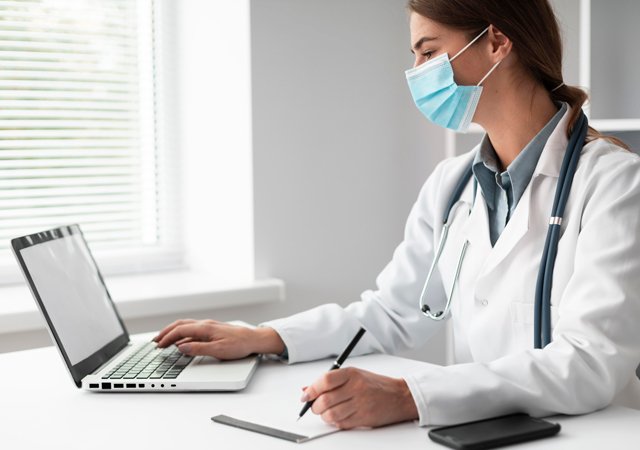
-
What is an ultrasound?
An ultrasound is a safe, painless imaging test that uses sound waves to create pictures of your internal organs, tissues, and blood flow.
-
Is ultrasound safe?
Yes! Ultrasounds don’t use radiation, making them safe for adults, children, and even during pregnancy.
-
How should I prepare for an ultrasound?
Preparation depends on the type of scan. Some may require fasting, a full bladder, or avoiding certain foods. Your doctor will give clear instructions.
-
Does it hurt?
No — most ultrasounds are painless. You might feel slight pressure from the probe on your skin, but it’s not uncomfortable.
-
How long does an ultrasound take?
Most scans take 15–30 minutes, depending on the area being examined.
-
Can I eat or drink before the scan?
Some scans, like abdominal ultrasounds, may require fasting. Others, like pelvic scans, may require drinking water beforehand. Instructions will be provided.
-
When will I get the results?
Your doctor usually receives the report quickly. In some cases, results may be available the same day or within a few days.
-
. Can ultrasounds detect all problems?
Ultrasound is excellent for many conditions, but some issues may need additional tests like CT, MRI, or X-rays for a complete picture.
-
Do I need a referral for an ultrasound?
Most imaging requires a referral from your GP or specialist. Check with us if you’re unsure.
-
Can I bring someone with me?
Yes! Family or friends are welcome to accompany you during your scan for support and comfort.
Body X-Ray FAQs
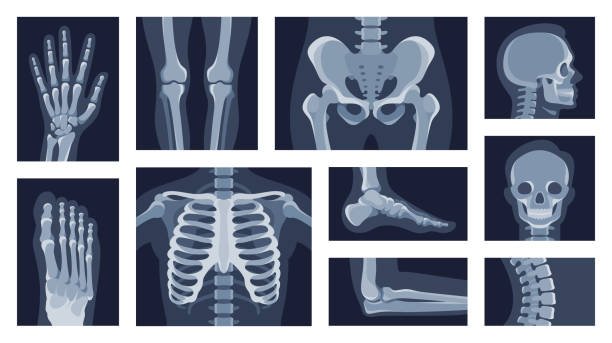
-
What is a body X-ray?
An X-ray is a fast imaging test that uses a small amount of radiation to take pictures of your bones and certain internal organs.
-
Is it safe?
Yes! X-rays use very low levels of radiation and are considered safe for most patients. Protective shields may be used when needed.
-
Does it hurt?
No — the test is painless. You simply need to stay still while the image is taken.
-
How long does it take?
Most X-rays take just a few minutes, including positioning and imaging.
-
Do I need to prepare?
Usually no special preparation is required. You may be asked to remove jewelry or metal objects that can block the image.
-
Will I get my results immediately?
The images are reviewed by a radiologist. Your doctor will typically receive the report within a few hours to a couple of days.
-
Can X-rays detect all conditions?
X-rays are excellent for bones, fractures, and certain lung or chest conditions. Some soft tissue issues may require additional imaging like ultrasound, CT, or MRI.
-
Can children or pregnant women have X-rays?
Yes, but with extra precautions. Protective shielding is used to minimize exposure, and X-rays are only done when medically necessary.
-
Do I need a referral?
Yes — a referral from a GP or specialist is usually required to ensure the X-ray is appropriate for your condition.
-
Can I bring someone with me?
Yes! Family or friends are welcome to provide support during your X-ray.
Dental CBCT Scan FAQs
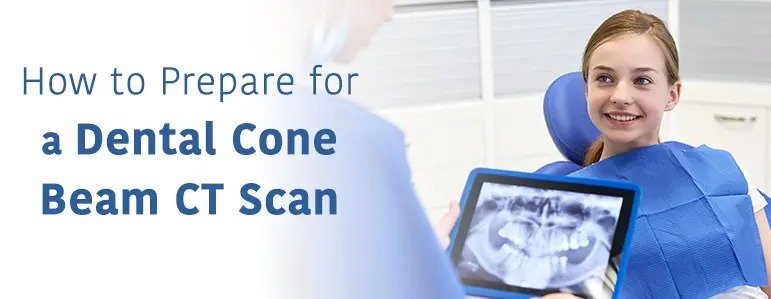
-
What is a Dental CBCT scan?
A Dental Cone Beam CT scan is a 3D imaging test that captures detailed pictures of your teeth, jaws, and surrounding structures for precise dental assessment.
-
Is it safe?
Yes! CBCT uses low-dose radiation and is safe for most patients. Protective measures are used to minimize exposure.
-
Does it hurt?
No — the scan is painless. You simply need to stay still while the machine rotates around your head.
-
How long does it take?
Most dental CBCT scans are completed in less than a minute, though setup may take a few additional minutes.
-
Do I need any preparation?
No special preparation is required, but you may be asked to remove glasses, jewelry, or dental appliances that could affect the image.
-
What is it used for?
CBCT helps dentists plan implants, assess jaw alignment, detect hidden dental issues, evaluate sinuses, and examine bone structures in detail.
-
When will I get my results?
The scan is reviewed by your dentist or radiologist, and your results are usually available the same day or within a few days.
-
Can children have a CBCT scan?
Yes, but only when medically necessary, with appropriate protective measures to minimize radiation exposure.
-
Do I need a referral?
Yes — a dentist or specialist referral is generally required to ensure the scan is necessary and appropriate for your treatment.
-
Can I bring someone with me?
Yes! Family or friends are welcome for support during your scan.
DEXA Scan FAQs
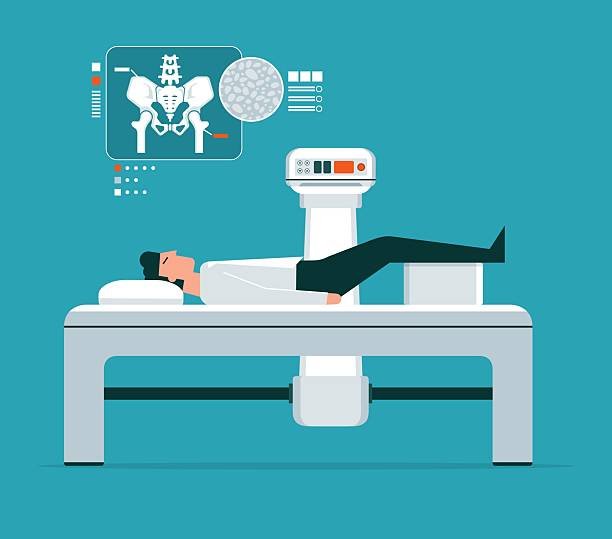
-
What is a DEXA scan?
A DEXA (Dual-Energy X-ray Absorptiometry) scan measures your bone density to check for osteoporosis or risk of fractures.
-
Is it safe?
Yes! DEXA uses very low levels of X-ray radiation and is considered safe for most patients, including older adults.
-
Does it hurt?
No — the scan is painless. You lie still on a table while the machine measures your bone density.
-
How long does it take?
A typical scan takes 10–20 minutes, depending on the areas being examined.
-
Do I need to prepare?
No special preparation is usually required. Avoid calcium supplements for 24 hours before the scan, if instructed by your doctor.
-
What areas are scanned?
DEXA usually measures the spine, hip, and sometimes the forearm to assess overall bone health.
-
Can a DEXA scan measure body composition?
Yes! Some DEXA scans can analyze body fat, lean muscle, and bone mass, giving a complete picture of your body composition.
-
When will I get my results?
Results are reviewed by a radiologist or doctor, often available the same day or within a few days.
-
Who should get a DEXA scan?
Typically recommended for postmenopausal women, older adults, or anyone at risk of osteoporosis or fractures. Your doctor can advise if it’s right for you.
-
Can children have a DEXA scan?
Yes, but only if medically necessary, such as for growth, bone disorders, or certain treatments.
-
Do I need a referral?
Yes — a referral from a GP or specialist is generally required to ensure the test is appropriate.
Phlebotomy FAQs
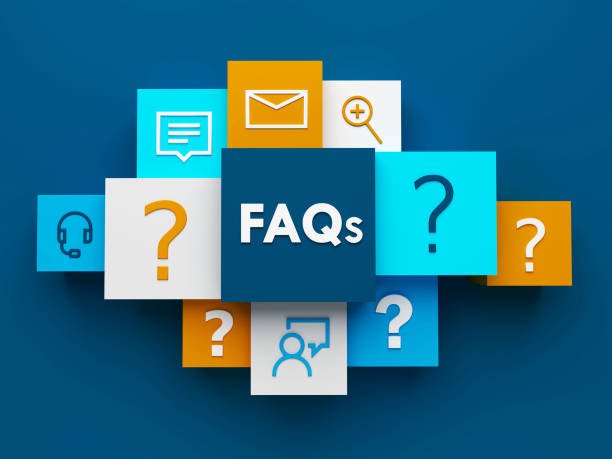
-
What is phlebotomy?
Phlebotomy is the process of drawing blood for medical tests, helping your doctor assess your health.
-
Is it painful?
Most patients feel only a quick pinch when the needle is inserted. The procedure is generally fast and minimally uncomfortable.
-
How long does it take?
The actual blood draw usually takes a few minutes. Overall, including check-in and preparation, it may take 10–15 minutes.
-
Do I need to prepare?
Some tests may require fasting or avoiding certain medications. Your doctor or our staff will give you clear instructions beforehand.
-
Can I drink water before the test?
Yes — unless instructed otherwise, staying hydrated is actually recommended, as it makes blood collection easier.
-
Are there any risks?
Phlebotomy is very safe. Minor side effects can include slight bruising or tenderness at the puncture site.
-
Can children have blood tests?
Yes, blood tests are safe for children. Our staff is trained to make the experience as comfortable as possible.
-
When will I get my results?
Results depend on the specific test. Some may be ready the same day, while others may take a few days. Your doctor will provide the details.
-
Do I need a referral?
Most tests are ordered by a GP or specialist to ensure the right tests are done for your health needs.
-
Can I bring someone with me?
Yes! Family or friends are welcome to provide support during your blood draw.
Private GP Services FAQs
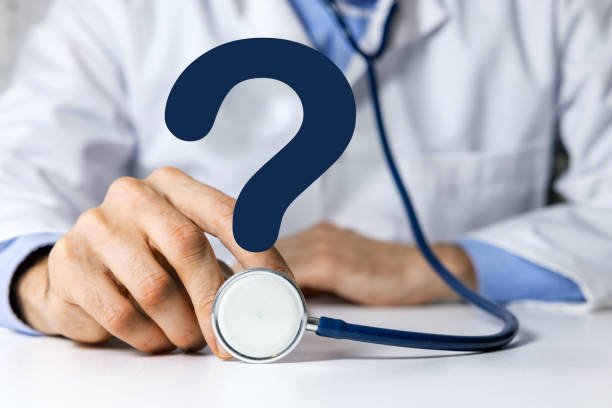
-
What is a private GP consultation?
A private GP consultation is a one-on-one appointment where you receive personalized medical care without waiting for NHS or public service schedules.
-
Do I need insurance to see a private GP?
No, private GP services can be accessed directly. Insurance may cover some services depending on your plan.
-
How quickly can I get an appointment?
Private GP appointments are typically available within a few days, and urgent consultations may be accommodated even sooner.
-
What services does a private GP provide?
Private GPs offer full medical care, including check-ups, diagnosis, treatment, referrals, preventive advice, and access to certain tests.
-
Are consultations confidential?
Yes. All consultations and medical records are kept strictly private, following healthcare privacy regulations.
-
Can private GPs order tests?
Yes. Private GPs can arrange blood tests, imaging (X-rays, ultrasound, DEXA), and other diagnostic tests as needed.
-
Are prescriptions provided?
Yes. Private GPs can issue prescriptions and advise on medications or lifestyle interventions tailored to your needs.
-
Can children and elderly patients see a private GP?
Yes! Private GPs provide care for all ages, from children to older adults.
-
How long does a consultation last?
Typically 15–30 minutes, depending on your health concerns and any required examinations or tests.
-
Do I need a referral to see a private GP?
No referral is required; you can book directly for private consultations.
Ask Questions
Lorem ipsum dolor sit amet consectetur adipisicing elit. Sint repellendus molestiae, neque earum magnam enim, magni maiores laudantium ratione libero sapiente eum molestias.
